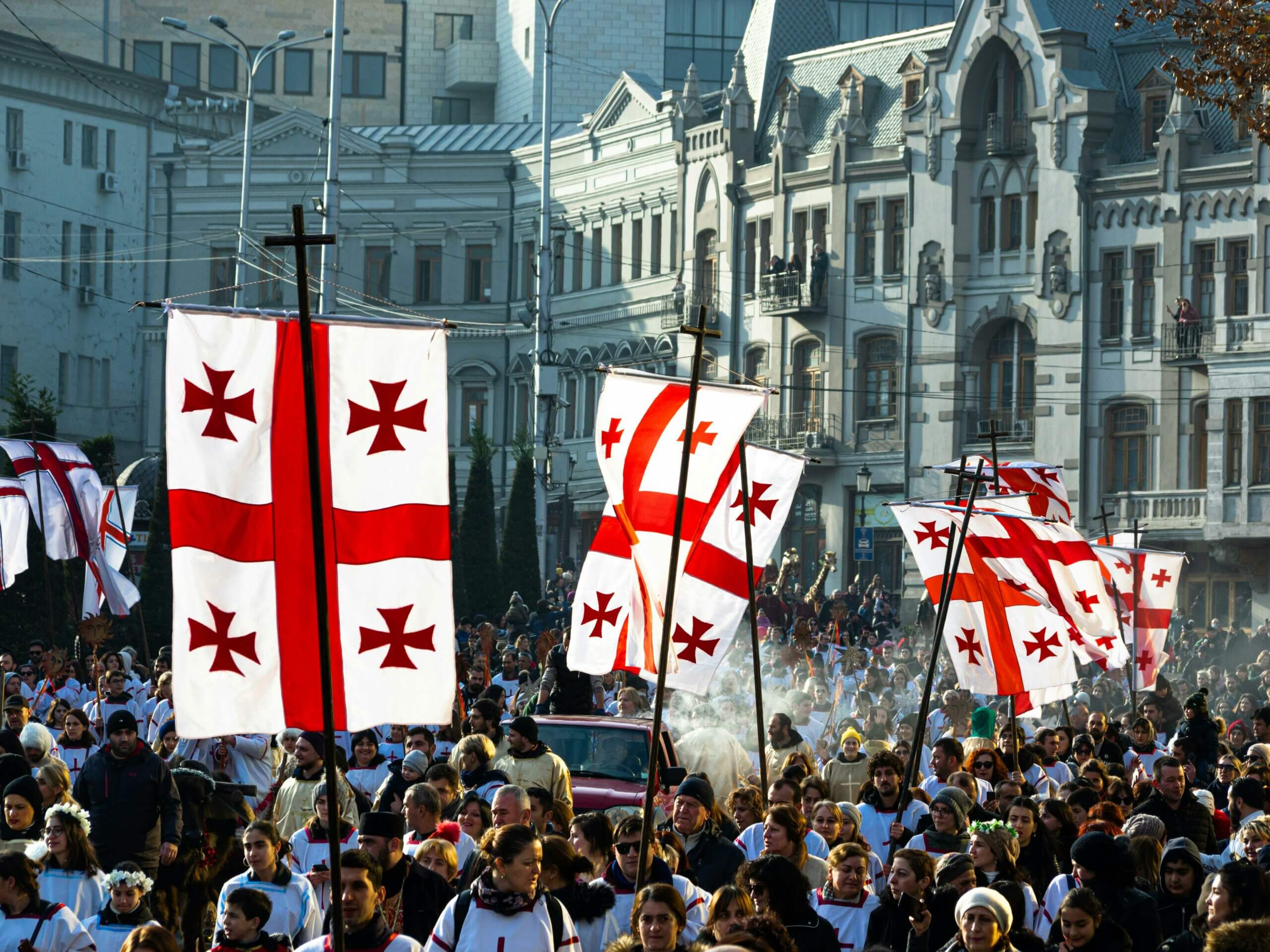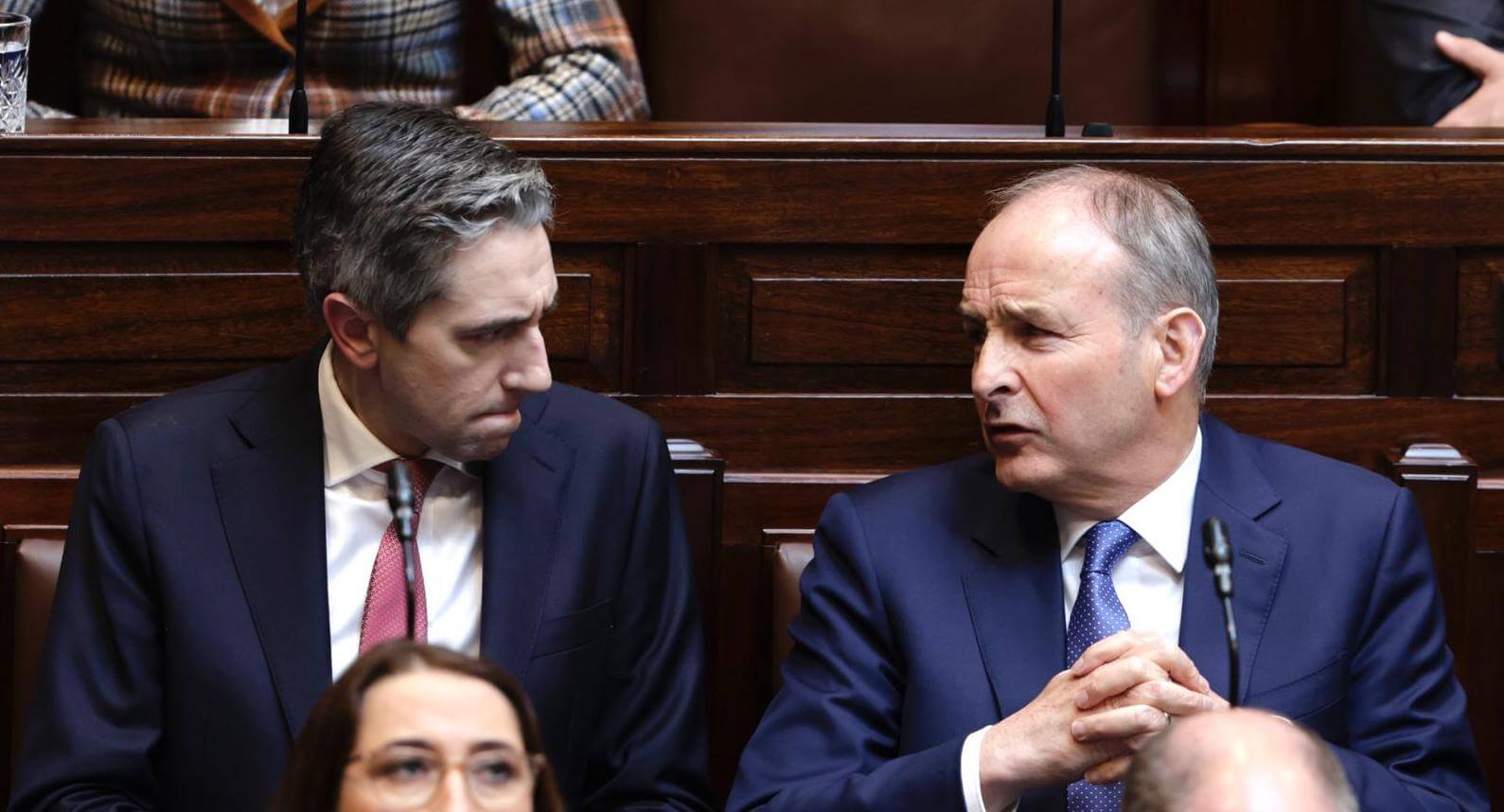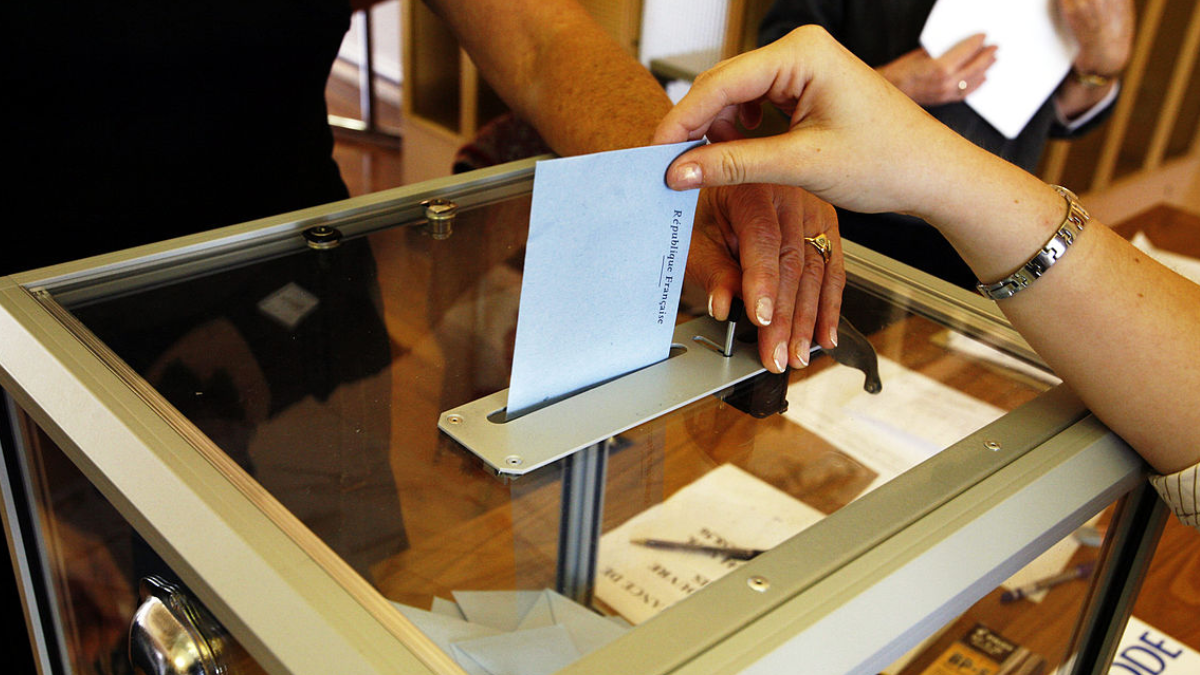This week, Nigel Farage announced he would be returning to lead the Reform Party, and intended to contest the seat of Clacton. Farage sensationally declared that the election was “already over” and that Labour had “already won”. But, in order to “ginger up” the election, and offer the British people a real alternative to the Conservative and Labour parties – the difference between which he said he could hardly see – Farage has been convinced to make a return.
The reluctant reformer
Amidst a sea of cheers and soundbites reminiscent of the anti-establishment sentiment Brexit campaign, it was that turn of phrase – that he had been convinced to return – that summoned one of the former UKIP and Brexit Party leader’s most Farage-like comments.
Recounting stories of travelling across the country and being confronted with “a lot of people” who were asking him “Nigel, why aren’t you standing?”, Farage said he came away from these exchanges “feeling, somehow, they felt I was letting them down. That I wasn’t standing up for these people. People in their millions who’ve stood with me – in some cases, for many, many years. Election battles, referendums; and I guess, I had been a champion for many of those people.” And on this basis, he “can’t let down those millions of people.” Nigel Farage had changed his mind, and decided to stand in the Essex coastal town of Clacton.
It is a common populist strategy to act and speak in a semi-messianic way: that the People matter more, and the needs of this great mass must outweigh the interests of the person they have chosen to represent them. Doing so presents the populist leader as reluctant, and his leadership as a sacrifice.
But it is important to remember that this is not unique to populism; rather, this reflects a sentiment that is often expected of public servants. Historically, people would expect politicians to put the nation first, the people second and the party third. Instead, this is simply a populist twist of a common democratic idea: that politics and public service should be a calling, and not a means to personal gain.
In positioning himself this way, Farage will open the door to present himself – and Reform by extension – as both the voice of the people, and as responsible to those people only. This will then allow them to present Farage and Reform as directly contrasting with the “self-serving political elite”.
What are the electoral ramifications
First and foremost, we are definitely going to see the Conservative Party lose a swathe of seats. Whilst this is not entirely attributable to Reform’s efforts, it will exacerbate existing trends only further.
In the Red Wall, where the Conservatives – as Boris Johnson very rightly admitted in 2019 – were “lent the vote” of disaffected former Labour voters and non-voters, Reform will now be presented as a credible alternative to the two major parties. This alternative, however, will not necessarily be in content but in spirit; if the Reform Party can craft the image that they are genuinely motivated by a desire to “change British politics for good” (the slogan of Reform’s forerunner, the Brexit Party), voters who were tempted to stay home and not vote may now be prepared to give another party a chance. Ultimately, this will only depress the Conservative vote share even more than it was already expected to be.
The second consequence, therefore, is that the overall turnout will almost certainly be higher than it was expected to be. Voter apathy is riding high at the moment and there is a palpable exhaustion and lack of enthusiasm over key political figures. Redfield and Wilton’s latest poll, conducted from 31st May to 2nd June and released on the 3rd June 2024, show that most undecided voters would rather not vote than vote for any party (though only marginally). In the same poll, as many as 24% said they did not know which of the two major party leaders they would prefer as Prime Minister.
The long term trends
A third consequence could be one that was, at the last general election, entirely unthinkable: the collapse of the Conservative Party.
The Tories are the most successful political party in history, having survived for nearly 200 years through a chameleonic, almost chimerical approach to its own identity. What began as a protectionist force of the aristocracy transformed into the imperialist, free trade champion of democratic conservatism in the early 1900s, and eventually into the small state, pro-capitalism entity that came to define modern Britain in the 1980s and 1990s.
The goal of Reform is not to beat the Tories: it is to destroy them. Could it be done? It should seem impossible, yet the sentiment amongst Reform supporters seems to be one of exhaustion-turned-anger, with many pointing to the last 14 years as proof that the Conservatives have failed on issues that matter to them – immigration foremost among them.
For better or worse, Farage has shaped the conversations that dominate British politics for 15 years now; and when his campaign launch can gather hundreds of attendees with less than 24 hours notice, it is proof that he is not done yet.






